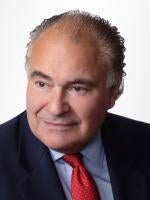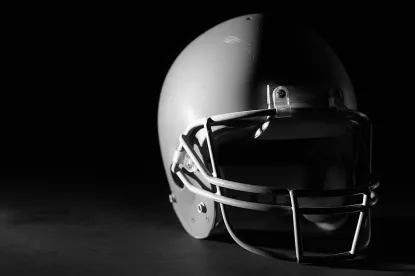If the newly formed College Athletes Players Association (“CAPA”) has its way, the union will represent the football players at Northwestern University outside Chicago. CAPA wants to represent college athletes in dealing with the National Collegiate Athletic Association (“NCAA”), the group that sets rules and standards for almost all college sports.
CAPA claims to represent a majority of the university’s football players and has filed a petition to represent those athletes at the National Labor Relations Board (“NLRB”). Northwestern’s senior quarterback and co-captain, Kain Colter, stated that the players needed representation to make the NCAA take their issues seriously. As reported in Newsday, Colter described the present system as a “… dictatorship where the NCAA mandates rules and regulations that players must abide by without any input or negotiations.”
The CAPA’s founder, Ramagu Huma, a former University of California-Los Angeles football player, said CAPA’s priority will be to obtain medical coverage for current and former college athletes, minimize risks of brain injuries and improve graduation rates of the athletes.
How the student athletes expect to proceed before the NLRB is not immediately clear. The Board covers private sector employees and employers; it generally will not cover individuals who only are students. Also to be resolved is whether the NCAA is the college players’ “employer.”
In trying to prove the football players are employees under the NLRA, CAPA may try to compare the athletes to graduate students. For years, the Board held graduate students were not to employees covered by the NLRA. Although the NLRB changed its position in 2000, holding that these students were covered because, it said, they also were employed by their schools in a teaching capacity, it reverted to its former position in 2004. The Agency appeared poised to switch course once again as recently as 2012 in connection with a case involving NYU, but the union decided not to pursue the matter. The law on this issue remains volatile. At first blush, it might appear that the Northwestern football players’ attempt to unionize is ill-conceived and that CAPA will have great difficulty proving the players are employees under the NLRA. However, the argument for employee status will not be dismissed out of hand, we expect. An NLRB determination is likely to require an in-depth review of a college or university’s relationship with the athletes. For example, although college athletes are not paid by their schools or the NCAA as employees, depending on the evidence, CAPA could claim that tuition credits and other benefits granted to athletes represent compensation for work, and so (if the Board agrees), weigh in favor an employer/employee relationship. However, scores of other factors are relevant, too, and they will have to be considered as well. Litigation of the athletes’ employee status may take months, if not years.
Regardless of whether the Northwestern football players are found to be employees under the NLRA, their effort here may raise questions about the applicability of other state and federal laws, which may contain different definitions of “employee,” to these student athletes. For example, is a college athlete entitled to take FMLA leave to care for an ill parent, without fear of losing his or her first-string status?
College sports, and college football, in particular, have a high profile, and with increasing media focus on sports-related injuries, this issue will not easily go away.






 />i
/>i

